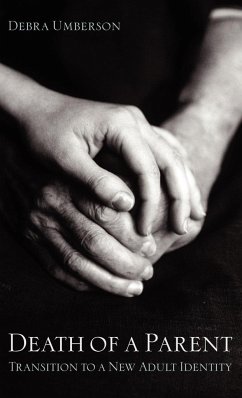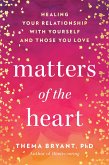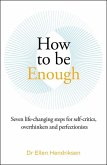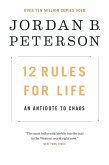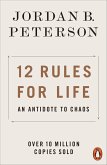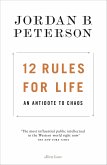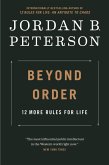Short description/annotation
Reveals the remarkable change in our sense of self following the loss of a parent.
Main description
When a parent dies, most adults are seized by an unexpected crisis that can trigger a profound transformation. Using in-depth interviews and national surveys, Dr Umberson explains why the death of a parent has strong effects on adults and looks at protective factors that help some individuals experience better mental health following the death than they did when the parent was alive. This is the first book to rely on sound scientific method to document the significant adverse effects of parental death for adults in a national population. Exploring the social and psychological risk factors that make some people more vulnerable than others, readers will come to view the loss of a parent in a new way: as a turning point in adult development.
Table of contents:
1. Ordinary loss, extraordinary change; 2. Unexpected crisis; 3. Symbolic loss; 4. Turning point in adulthood; 5. Intimate relationships; 6. The next generation; 7. The parent left behind; 8. My brother's keeper; 9. Rite of passage; Appendix: data and methods; Notes; Index.
Hinweis: Dieser Artikel kann nur an eine deutsche Lieferadresse ausgeliefert werden.
Reveals the remarkable change in our sense of self following the loss of a parent.
Main description
When a parent dies, most adults are seized by an unexpected crisis that can trigger a profound transformation. Using in-depth interviews and national surveys, Dr Umberson explains why the death of a parent has strong effects on adults and looks at protective factors that help some individuals experience better mental health following the death than they did when the parent was alive. This is the first book to rely on sound scientific method to document the significant adverse effects of parental death for adults in a national population. Exploring the social and psychological risk factors that make some people more vulnerable than others, readers will come to view the loss of a parent in a new way: as a turning point in adult development.
Table of contents:
1. Ordinary loss, extraordinary change; 2. Unexpected crisis; 3. Symbolic loss; 4. Turning point in adulthood; 5. Intimate relationships; 6. The next generation; 7. The parent left behind; 8. My brother's keeper; 9. Rite of passage; Appendix: data and methods; Notes; Index.
Hinweis: Dieser Artikel kann nur an eine deutsche Lieferadresse ausgeliefert werden.

